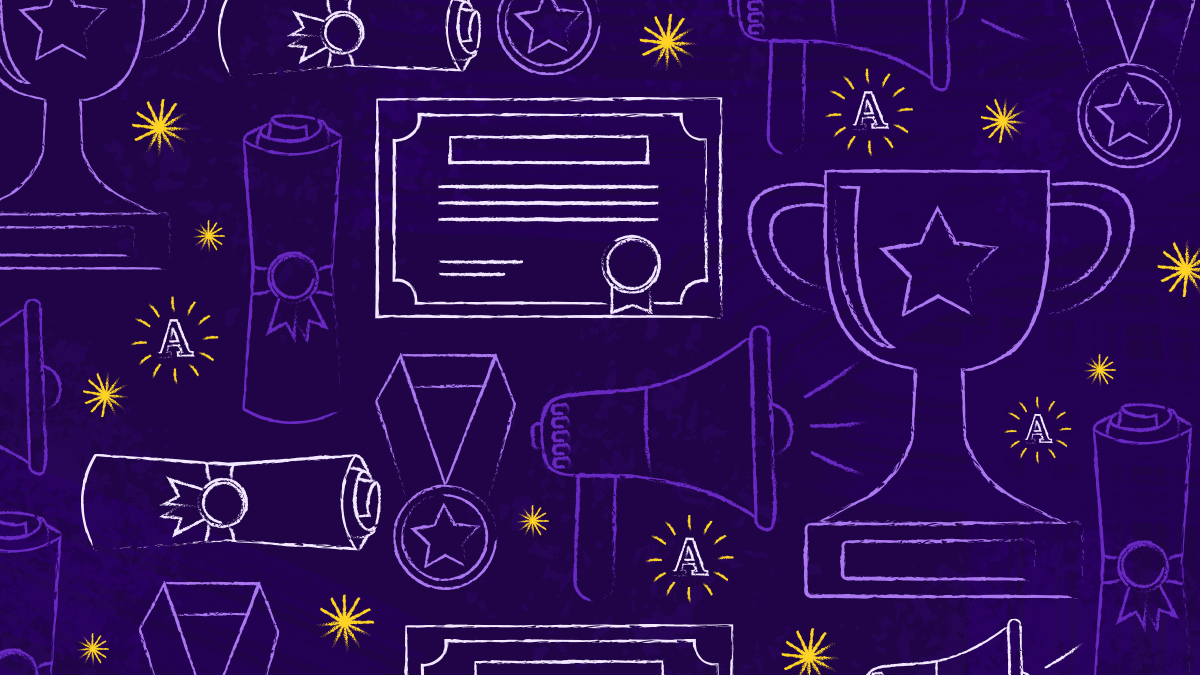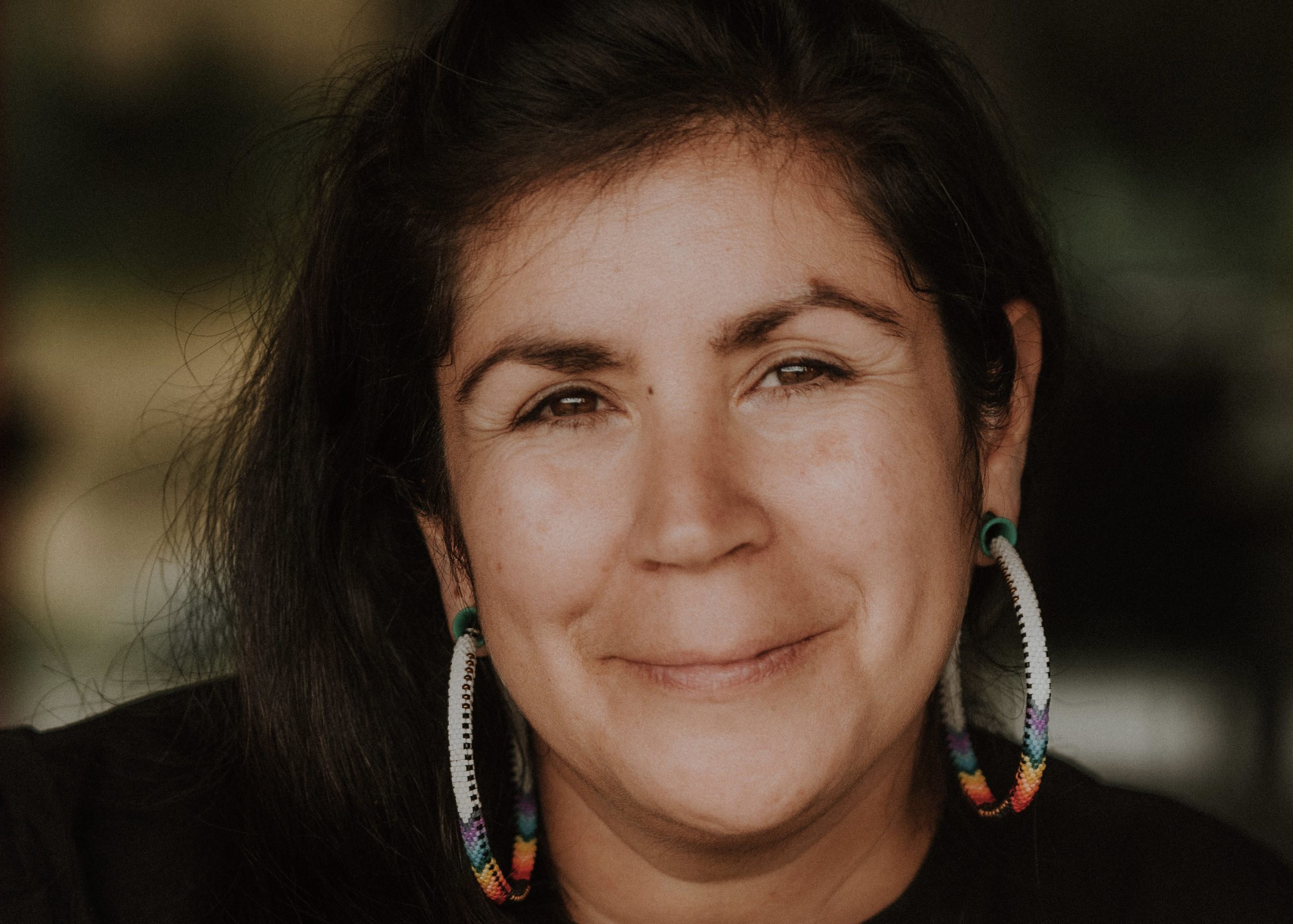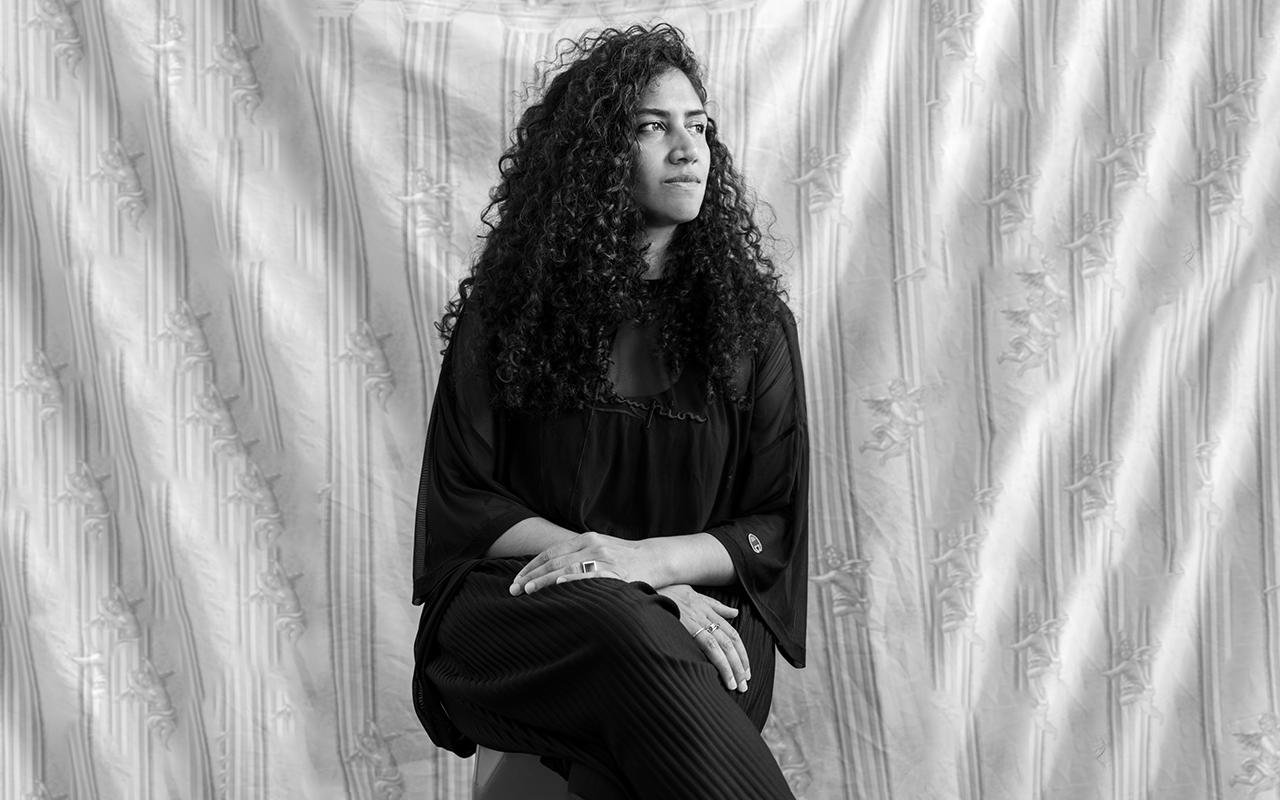

Nicole Aleong is a fifth-year Anthropology major and Biology minor, and the 2015 recipient of the Dean’s Award for Outstanding Leadership in the Faculty of Arts. Having also served as the President of the Anthropology Students’ Association, Nicole discusses how her experiences in building the undergraduate community helped her confirm her passions.
Why did you decide to specialize in Anthropology and minor in Biology?
I knew I wanted to study Anthropology pretty early on, because I was always interested in museums and wanted to do Museum Studies. The Museum of Anthropology at UBC was a huge attraction for me as one of the top teaching museums in Canada, so I decided to move to Vancouver from Ontario.
My path in Anthropology wavered between streams, and I dabbled in a little bit of everything. Many people do not realize that Anthropology is divided into four fields: archaeological, socio-cultural, biological and linguistic anthropology. I was always fascinated by artifacts from thousands of years ago, so I decided to do a minor in Biology in hopes of one day studying ancient DNA. Jumping between two faculties has been eye-opening and challenging at the same time. In Arts, you tend to look at things with a holistic view, while in Science, there is an emphasis on deductive reasoning and finding a logical answer.
Which UBC course has had the greatest impact on you?
ANTH 409 with Carole Blackburn – Applied Anthropology of Human Rights. It was a discussion-driven seminar where students talked about current events and how they relate to anthropology. We covered material like Aboriginal rights, the Truth and Reconciliation Commission and the 2013 FROSH rape chant incident at UBC. I really enjoyed how current affairs and politics were brought up to show how anthropology is relevant as a discipline today.
Tell me about your experience as the Co-President, then President of the Anthropology Students Association (ASA).
I got involved with ASA at the end of first year, to connect with fellow students and confirm that this is really what I wanted to major in. In my third year, I became the Co-President. The role enabled me to get to know the professors and their research, and help create a community for Anthropology students.
After being President for two consecutive years, I am still involved with ASA as the Editor-in-Chief of the annual undergraduate journal.
Tell me about the Amazing Race event you organized during your time as a Residence Advisor (RA). How did you come up with the idea?
When I became an RA, I was paired with a senior RA and we knew we wanted to do a Totem Park-wide event together – something to get people out of residence. To motivate people to travel around the city, we decided to do The Amazing Race, inspired by the popular TV show. We explored UBC campus, Kitsilano, Stanley Park and downtown Vancouver to map out locations we wanted residents to see. Each participant was given a Translink map and the timed race started in Totem with a challenge at each station situated around Vancouver. Participants were given challenges such as surveying strangers on the street, finding a hidden bike, and building a sand castle.
The biggest takeaway for the students was familiarizing themselves with Vancouver and discovering the best routes to get around. Seeing how everyone had a good time and enjoyed their experience, this was definitely one of my favourite highlights of being an RA!
How did you find a balance between involvement and academics?
It took me three years to get a good idea of time management. In my first year of undergrad, there was so much excitement around making new friends, and setting out priorities around what I wanted to be involved in. After that, it was easy to renew my involvement and begin taking on more responsibility by seeking out more leading roles. That’s why it’s so important for first-year students to go out and get involved in something at the very start of their degree; you never know what it might lead to!
If you could redo your UBC experience, what’s one thing that you would change?
I would start researching what courses I want to take earlier in my degree. Part of the reason why I wanted to extend my degree to a fifth year was because I didn’t see the need to rush my degree when there were still things that I wanted to learn about. I imagine it would be a terrible feeling to graduate feeling like you didn’t have enough time. So research courses that you don’t know about, and try classes in other faculties. They’ll help you appreciate technology, the environment, the tiniest creatures on our planet…and they’ll change who you are if you let them.
What are your plans after graduation?
Since I love research, I plan to eventually pursue a master’s. While I was looking to apply last fall, I realized that my interests are still varied even after five years of undergrad. So I’m taking time off to explore how I want to apply my anthropology degree to tackling problems in society today.
My time on exchange also helped me discover different things that people are doing outside of Canada, and recognize that there are so many opportunities if you don’t restrict yourself. I’ve been fortunate enough to travel and change my paradigm on the world, making me optimistic that there will be opportunities wherever I want to go.


